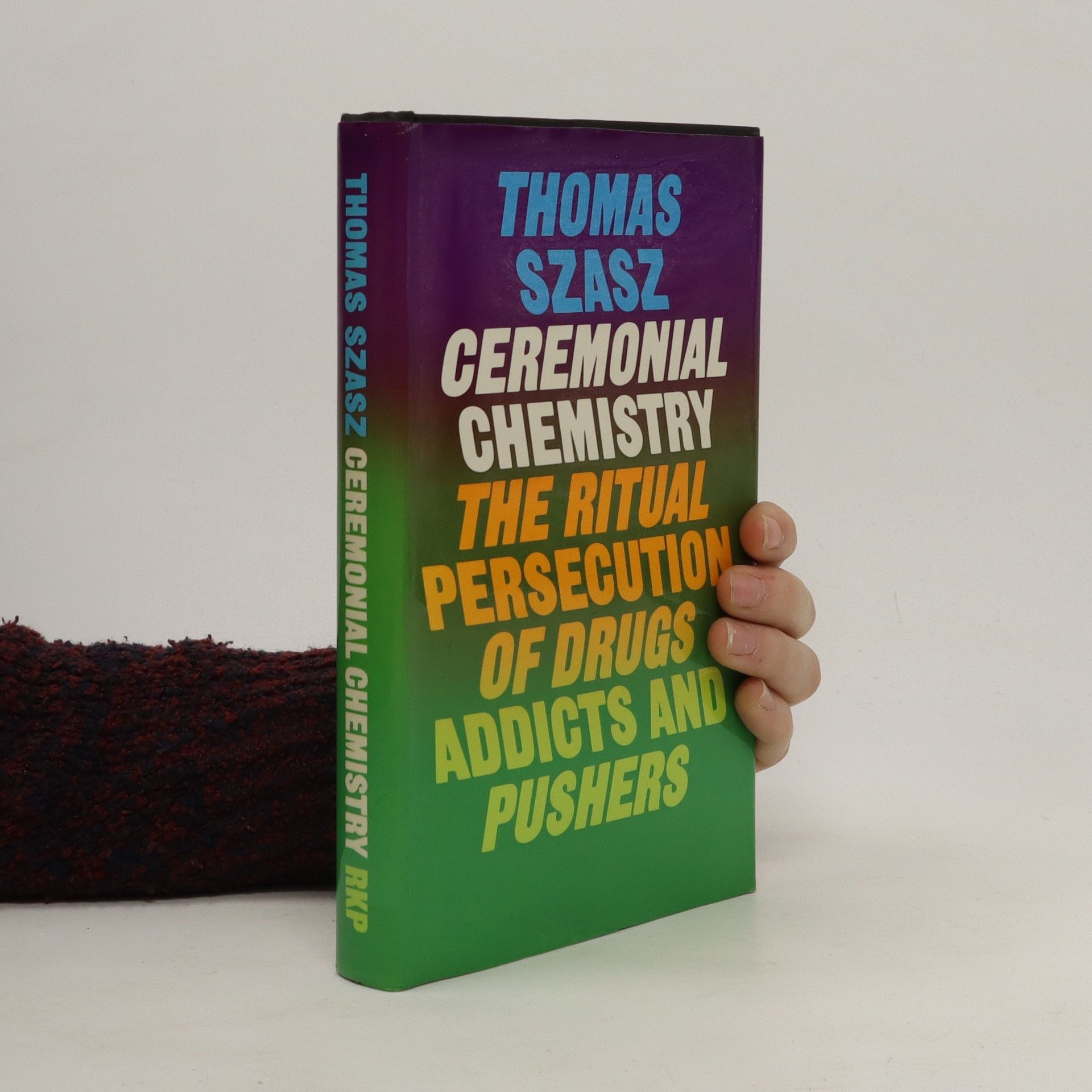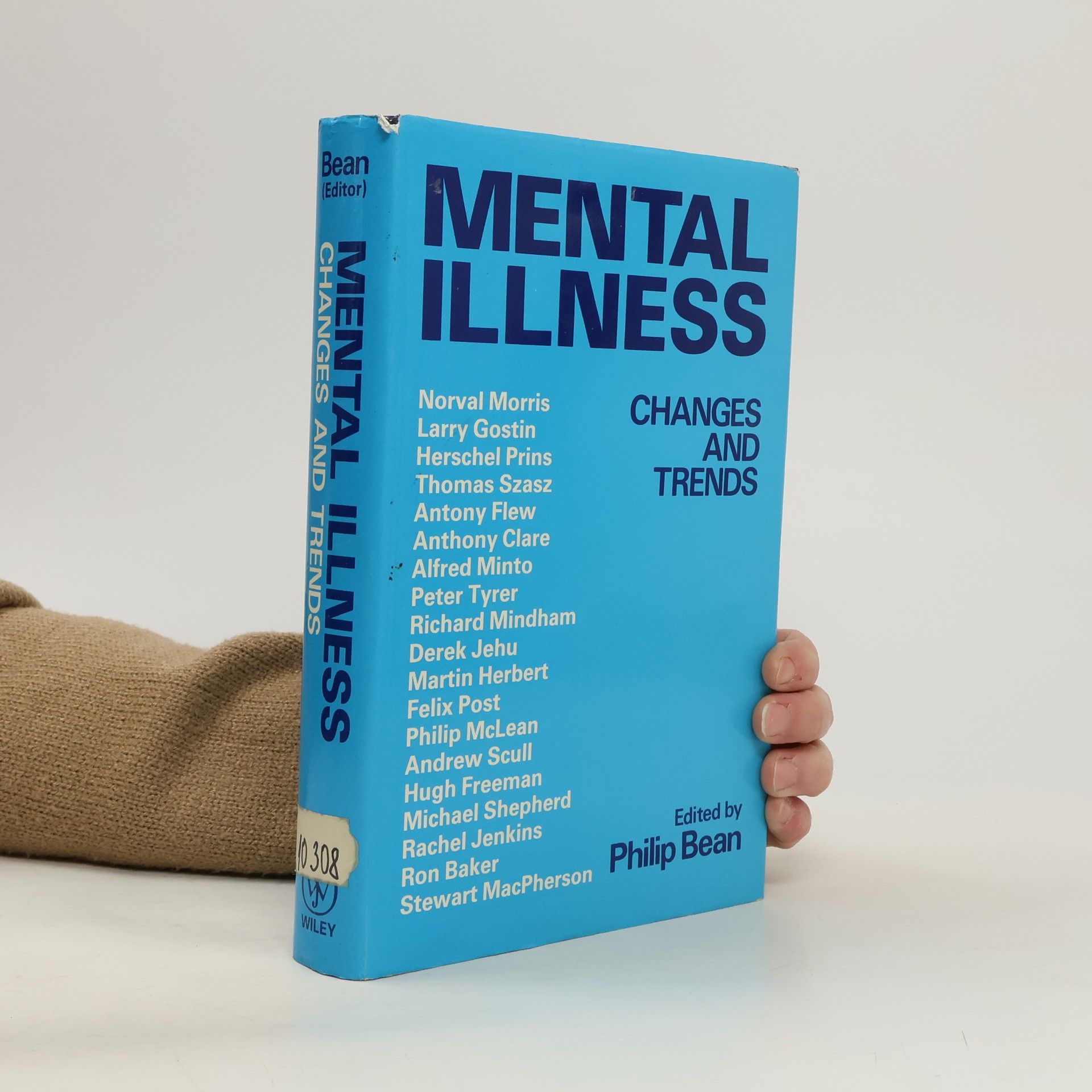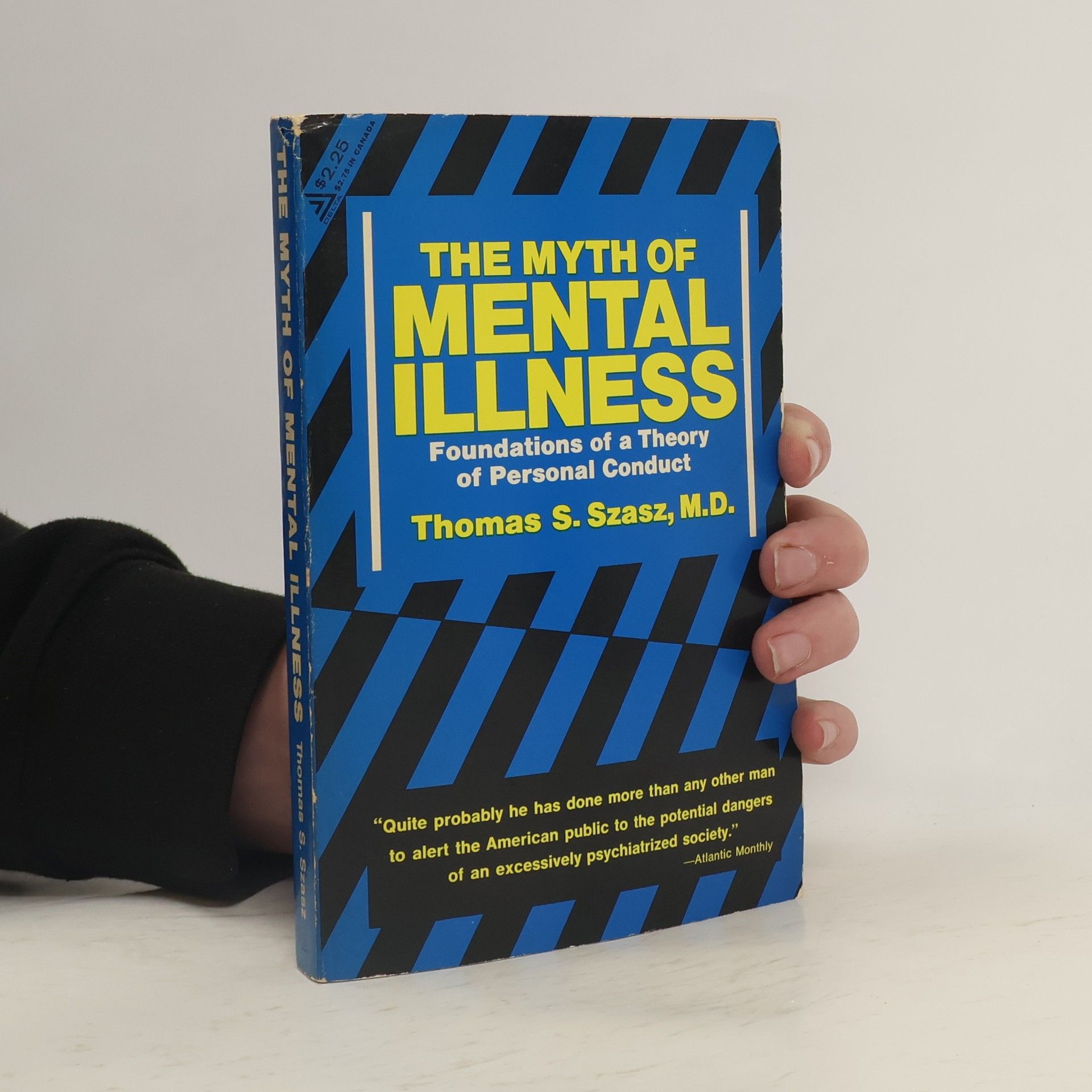Every age, labels others to a particular fate, such as the witch consigned to the fire. The priest has now been replaced by the psychiatrist and this text examines the role of medicine as a more insidious tyrant than religion, as it claims to be beneficial to both the patient and the commonwealth.
Thomas Szasz Livres
Thomas Szasz était un psychiatre et un universitaire qui a farouchement remis en question les fondements moraux et scientifiques de la psychiatrie. Figure clé du mouvement antipsychiatrique, il s'est concentré sur les aspects de contrôle social de la médecine et du scientisme. Son œuvre a remis en question le concept même de maladie mentale, établissant des parallèles entre les formes historiques de persécution et le système moderne de santé mentale. Szasz a offert une perspective radicale sur la psychologie humaine et la société.

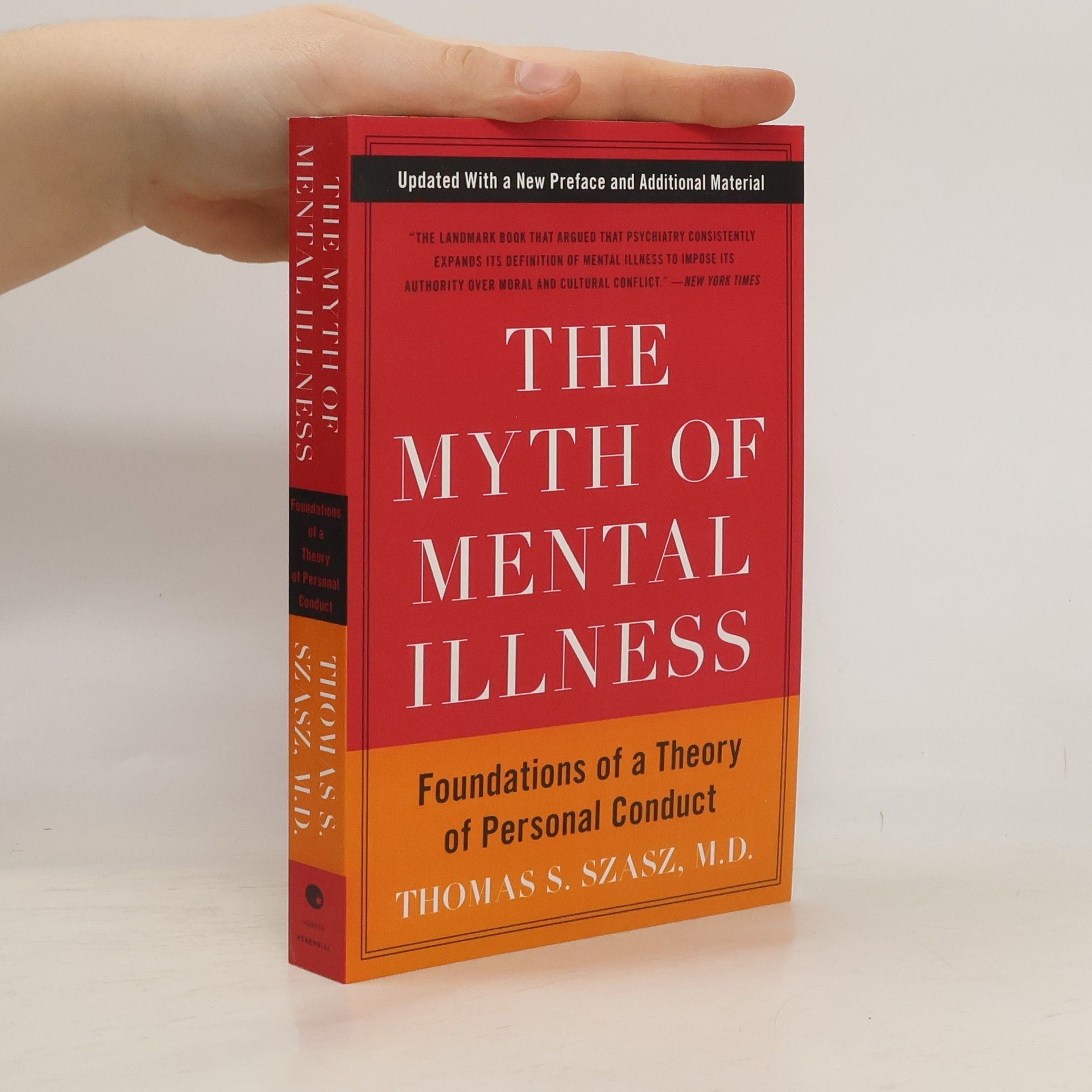
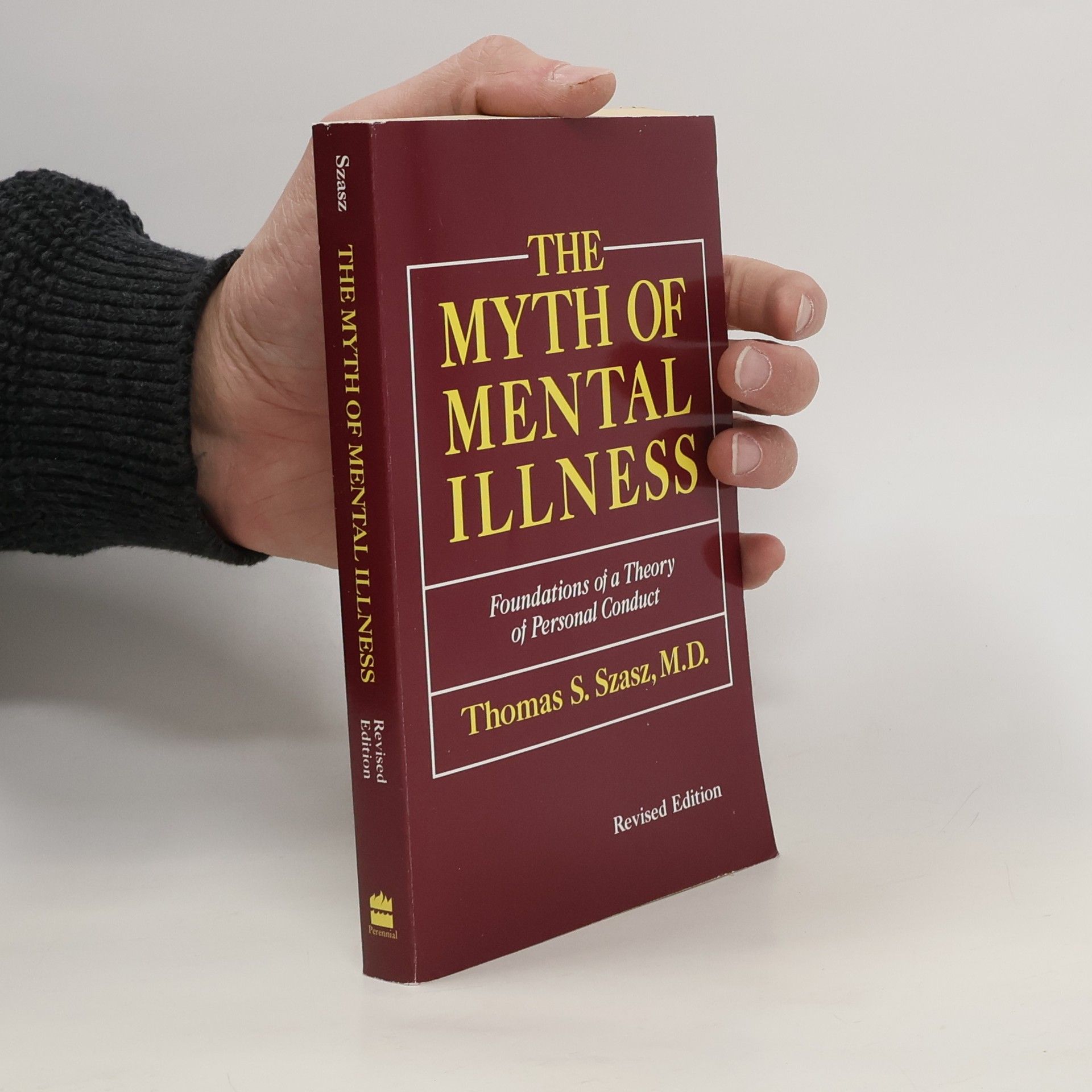

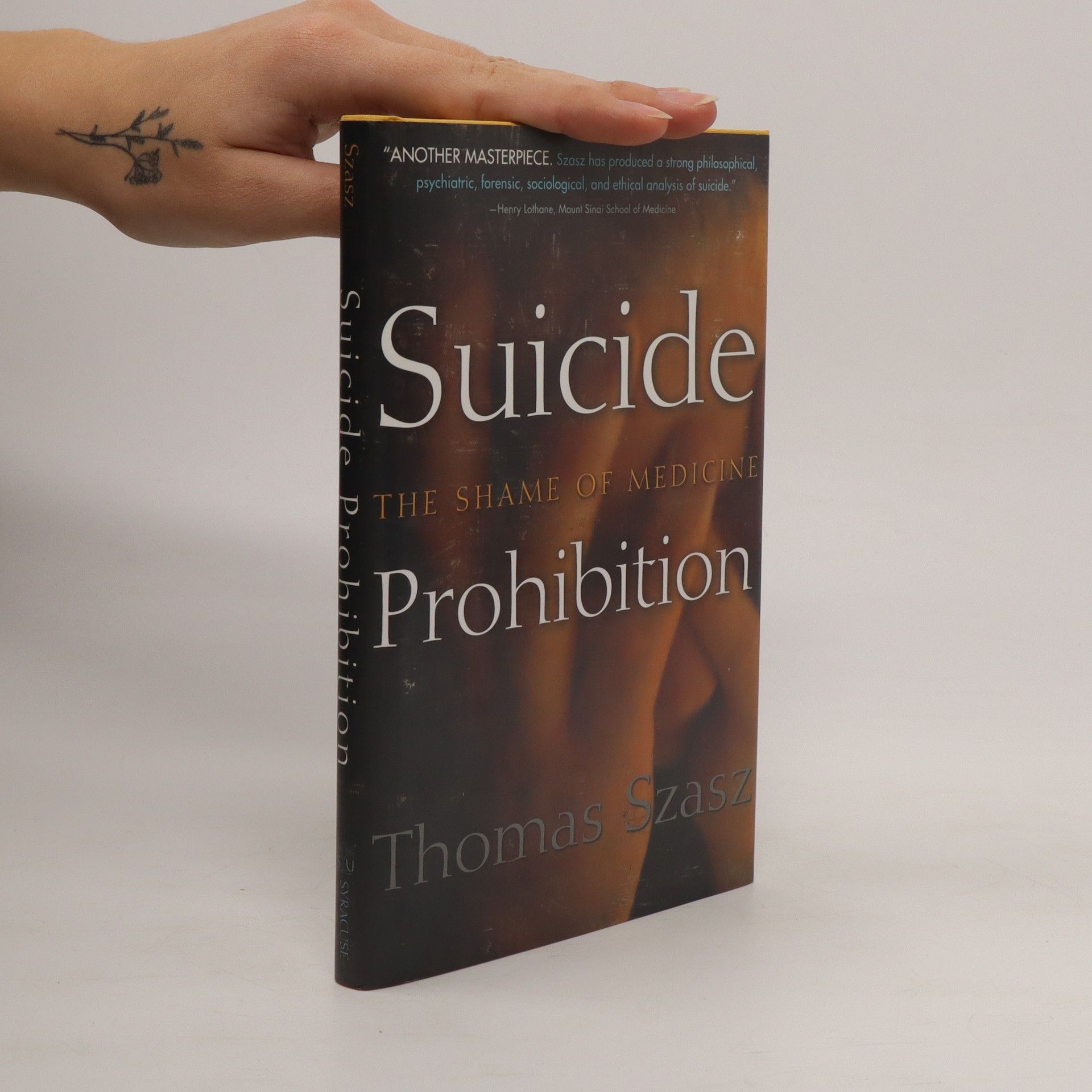

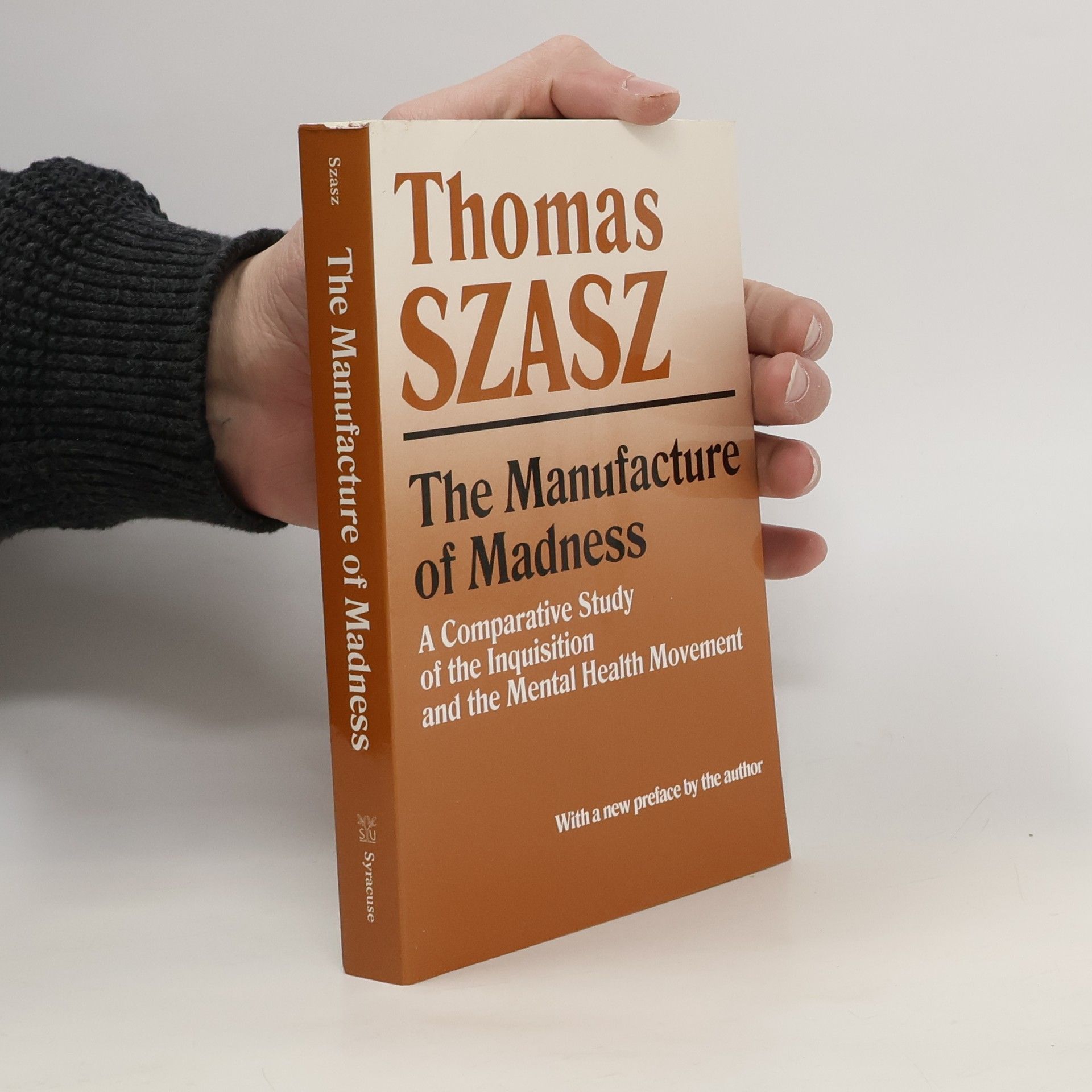
This book is a collection of the earliest essays of Thomas Szasz, in which he staked out his position on “the nature, scope, methods, and values of psychiatry.” On each of these issues, he opposed the official position of the psychiatric profession. Where conventional psychiatrists saw themselves diagnosing and treating mental illness, Szasz saw them stigmatizing and controlling persons; where they saw hospitals, Szasz saw prisons; where they saw courageous professional advocacy of individualism and freedom, Szasz saw craven support of collectivism and oppression.
Suicide prohibition the shame of medicine
- 132pages
- 5 heures de lecture
In Western thought, suicide has evolved from sin to sin-and-crime, to crime, to mental illness, and to semilegal act. A legal act is one we are free to think and speak about and plan and perform, without penalty by agents of the state. While dying voluntarily is ostensibly legal, suicide attempts and even suicidal thoughts are routinely punished by incarceration in a psychiatric institution. Although many people believe the prevention of suicide is one of the duties the modern state owes its citizens, Szasz argues that suicide is a basic human right and that the lengths to which the medical industry goes to prevent it represent a deprivation of that right. Drawing on his general theory of the myth of mental illness, Szasz makes a compelling case that the voluntary termination of one's own life is the result of a decision, not a disease. He presents an in-depth examination and critique of contemporary anti-suicide policies, which are based on the notion that voluntary death is a mental health problem, and systematically lays out the dehumanizing consequences of psychiatrizing suicide prevention. If suicide be deemed a problem, it is not a medical problem. Managing it as if it were a disease, or the result of a disease, will succeed only in debasing medicine and corrupting the law. Pretending to be the pride of medicine, psychiatry is its shame.
This intriguing book undercuts everything you thought you knew about psychotherapy.
The Myth of Mental Illness Revised Edition
- 324pages
- 12 heures de lecture
“The landmark book that argued that psychiatry consistently expands its definition of mental illness to impose its authority over moral and cultural conflict.” — New York Times “Controversial and influential . . . an iconoclastic work.” — Joyce Carol Oates, New York Times Book Review A 50th Anniversary Edition of Thomas Szasz’s famous, influential critique of the field of psychiatry, with a new preface on the age of Prozac, Ritalin, and the rise of designer drugs.
The myth of mental illness: foundation of a theory of personal conduct
- 370pages
- 13 heures de lecture
50th Anniversary Edition With a New Preface and Two Bonus Essays The most influential critique of psychiatry ever written, Thomas Szasz's classic book revolutionized thinking about the nature of the psychiatric profession and the moral implications of its practices. By diagnosing unwanted behavior as mental illness, psychiatrists, Szasz argues, absolve individuals of responsibility for their actions and instead blame their alleged illness. He also critiques Freudian psychology as a pseudoscience and warns against the dangerous overreach of psychiatry into all aspects of modern life.
Ceremonial chemistry : the ritual persecution of drugs, addicts, and pushers
- 243pages
- 9 heures de lecture
* from USA. Will take 25-35 days

